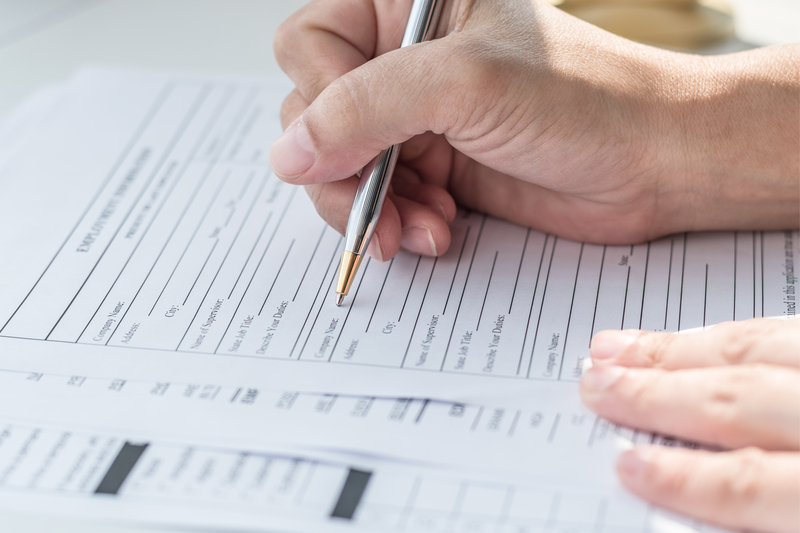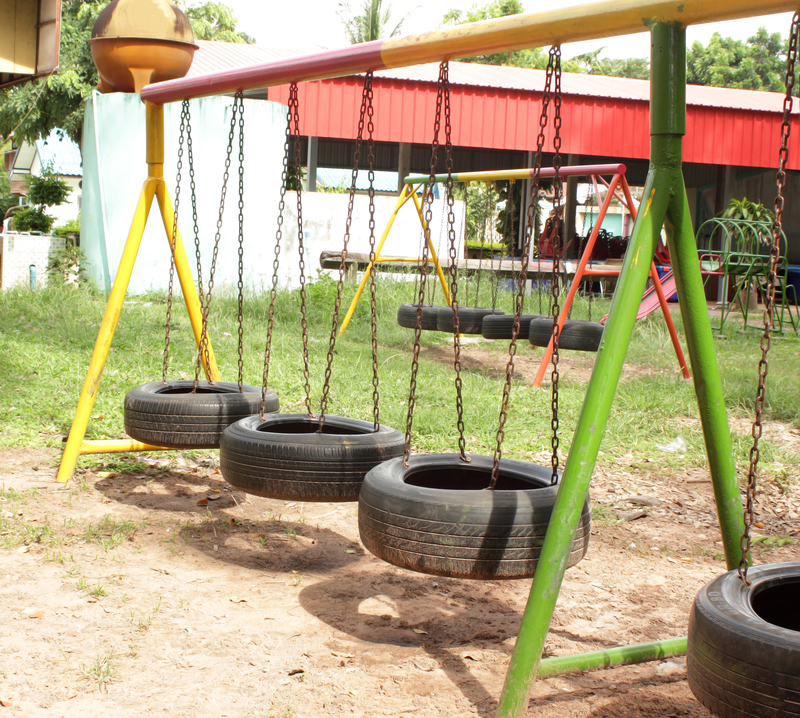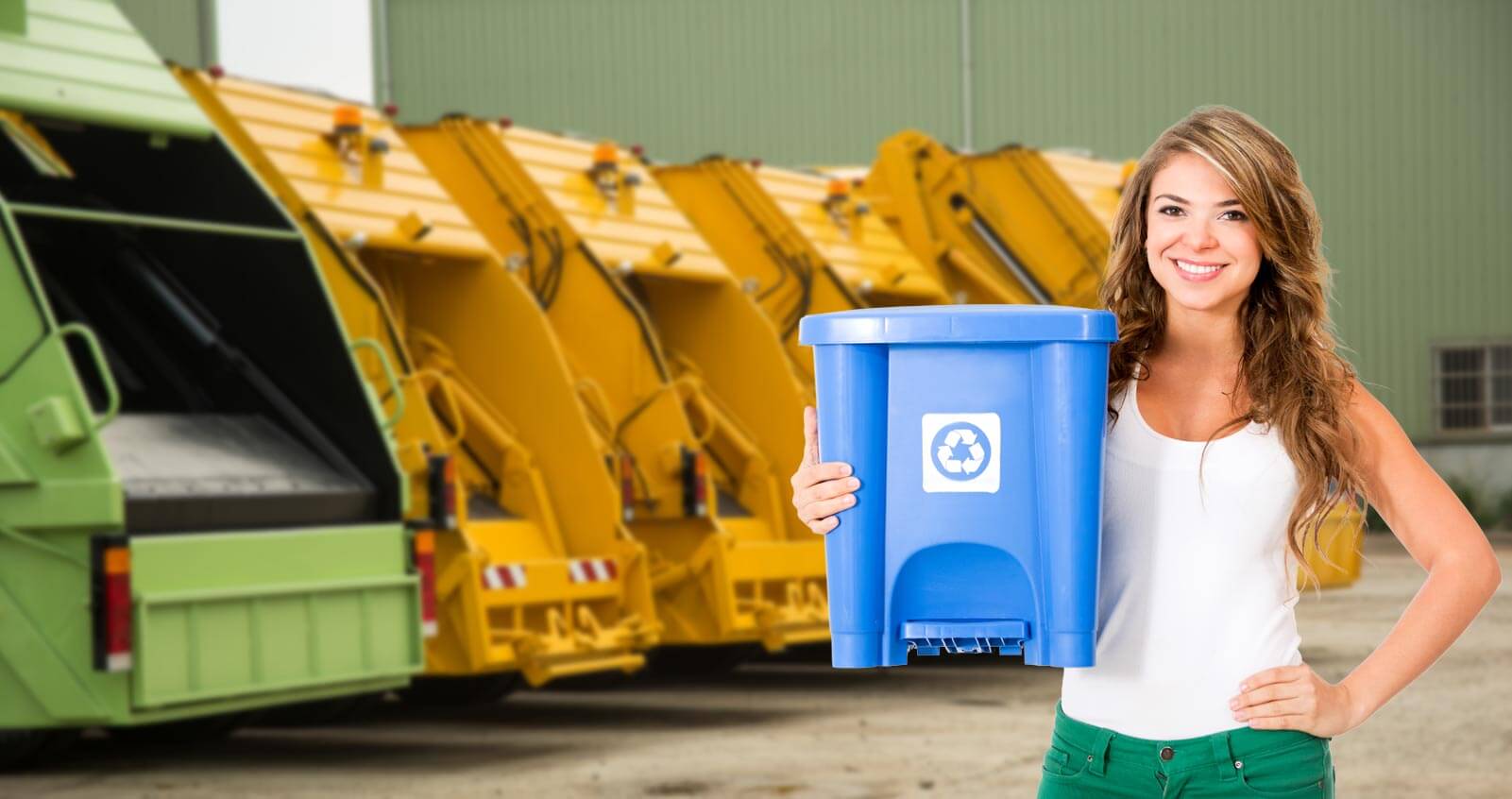Office Waste Audits for Efficiency
Posted on 03/09/2024
In today's environmentally conscious age, businesses are perennially seeking methods to minimize their carbon footprint. One surprisingly effective way to achieve this goal is through office waste audits. Waste audits are a form of environmental assessment where the types and quantities of waste produced by a company are carefully examined. By understanding what waste is being generated, businesses can implement changes that not only enhance efficiency but also contribute to the broader cause of sustainability.
What is an Office Waste Audit?
An office waste audit is a systematic process of examining the waste produced in an office setting. The audit involves collecting, sorting, and analyzing waste materials to identify opportunities for improving waste management systems. This practice is not just limited to physical waste but takes into account energy usage, paper consumption, and even digital waste like unused data files.

The Process of Conducting a Waste Audit
A waste audit can be broken down into several key steps. Let's delve into each step for a comprehensive understanding:
Planning the Audit
Before conducting a waste audit, detailed planning is essential. This involves:
- Setting Objectives: Define what you intend to achieve with the audit.
- Forming a Team: Establish a team of dedicated employees to conduct and oversee the audit process.
- Creating a Timeline: Develop a schedule outlining when and how the audit will be executed.
Collecting Waste
For a specified period, usually a week, collect all the waste produced in the office. Different types of waste bins (for general waste, recyclables, organics, etc.) should be used to facilitate easier sorting.
Sorting and Categorizing Waste
Once the collection period is over, sort the waste into various categories. Common categories include:
- Paper
- Plastic
- Glass
- Metal
- Organic Waste
- E-Waste
Analyzing Data
After sorting, the next step is to weigh and document the quantity of each type of waste. This data will provide insights into which types of waste are most prevalent and where the highest volume of waste is being generated.
The Benefits of Conducting a Waste Audit
Undertaking a waste audit offers numerous advantages that go beyond environmental benefits:
Cost Savings
Reduction in waste can lead directly to financial savings. For example, if a company identifies that a significant portion of its waste stream is recyclable, it can initiate a recycling program that reduces the frequency and cost of waste disposal.
Improved Efficiency
Understanding waste can help in identifying less efficient processes within the office. For instance, excessive paper waste might indicate the need for better digital documentation practices.
Environmental Impact
Reducing waste contributes to lower landfill use, decreased resource extraction, and reduced greenhouse gas emissions. Companies can foster a green image, potentially attracting environmentally-conscious customers and employees.
Regulatory Compliance
Compliance with local and federal waste management regulations is easier when you have a clear picture of your waste streams. Audits can help ensure that companies are adhering to necessary legal requirements.
Implementing Changes for Better Waste Management
Post-audit, the next step involves implementing strategies tailored to reduce waste. Here are some actionable changes:
Reduce
Adopt a paperless office approach by using digital tools for documentation. Encourage employees to print only when absolutely necessary.
Reuse
Introduce policies where reusable materials are prioritized. For example, use durable cups instead of disposable ones.
Recycle
Establish a comprehensive recycling program. Ensure all recyclable materials are correctly sorted and regularly collected.
Composting
For organic waste like food scraps, set up an office composting system. The compost can be used for office plants or donated to local community gardens.
The Role of Technology in Waste Audits
Modern technology can significantly enhance the accuracy and efficiency of waste audits:
Data Analytics
Software tools can help analyze audit data, providing detailed insights into waste patterns and helping to forecast future waste production.
IoT Devices
Internet of Things (IoT) devices can monitor waste bins in real-time, providing instant data on fill levels and ensuring timely waste collection.
Mobile Apps
Applications can streamline the audit process, allowing teams to record waste data directly on their smartphones and aggregate it in real time for instant analysis.

Companies Leading the Way in Waste Management
Several companies have become exemplary models in waste management through innovative practices:
Google has implemented extensive waste reduction programs across its campuses. It practices segregation at source and encourages composting, significantly cutting down its waste footprint.
Unilever
Unilever has committed to sending zero non-hazardous waste to landfill from its global factory network. It continuously audits its waste streams to identify and eliminate waste generation points.
Patagonia
The outdoor clothing retailer has long been a proponent of sustainable practices. Patagonia conducts regular waste audits and has integrated recycled materials into its products.
Conclusion
Considering the myriad benefits -- from cost savings to environmental responsibility -- conducting an office waste audit can be a powerful step towards achieving greater corporate efficiency. The process not only identifies areas of waste reduction but also instills a culture of sustainability within the organization. Businesses that invest in regular waste audits stand to gain significantly, while contributing positively to the environment. As they say, "What gets measured, gets managed." So, initiate a waste audit today and take a step towards a more efficient and sustainable tomorrow.




